100 signatures reached
To: Members of the Federal Parliament and Universities across the country
Women unite! Fight back against the Liberals!

We want MPs to block any cuts to higher education, health and welfare.
We want universities to commit to adequately funding student services.
We want universities to commit to adequately funding student services.
Why is this important?
Women at university are worse off under a Liberal government.
Health
The Liberal Government has scrapped bulk-billing incentives for pathology services and diagnostic imaging. This means that women may have to pay up-front $30 for a Pap smear, blood or urine test, and from January 2017 as much as $173 for x-ray or ultrasound imaging. Women regularly rely upon these tests for the prevention or early detection of pregnancy, obstetric complications, cancers, STIs and UTIs
The Liberal Government freeze on indexation of the rebate for GP consultations under the Medicare Benefits Schedule (MBS) until 2020 has already seen hundreds of practitioners around the country cease to offer bulk billing as they are forced to transfer increased costs onto patients.
Most women students can not afford these increased costs of healthcare, and are forced to forgo necessary doctors visits, diagnostic testing and treatment.
This poses critical risks for women’s health. Without early diagnosis and treatment, risk of poorer prognosis is high and the burden of disease, personal and financial costs on patients are increased.
Education- cuts to funding
The 2016-2017 budget revealed that Malcolm Turnbull and the Liberals want to decrease funding to tertiary institutions by 20% as well as lower the tax repayment threshold by 10%. It was also strongly indicated that the Liberals will bring back fee deregulation.
Universities are unlikely to put their hands in their own pockets to make up for funding cuts, choosing rather to cut vital student support services than risk jeopardising ‘important’ business projects
Cuts to higher education will mean that women who are already disproportionately affected but a lack of funding will take longer to pay off their HECS debt and face a greater pay gap in the workforce.
Cuts to services
Severe lack of funding available for women’s services on university campuses. When the federal government make cuts to the higher education sector, often basic services relied on by women are the first to go.
Universities across Australia do not prioritise the welfare of students, this consequently has a greater effect on women due to structural barriers which make it difficult women to go to university and study.
As revealed in the results of the 2016 ‘Talk about it’ survey women students are likely to face harassment and sexual violence on university campuses. Due to a number of factors, including inadequate help services, women are strongly deterred from seeking help from university.
Women should be able to balance university life as well as home life, and should not be forced to choose between the two. Services focused on assisting students who are also mothers have been neglected for too long. Many universities are lacking parent rooms, for mothers to comfortably breastfeed.
Underfunded services have a detrimental effect on those who use them most, women are already limited by a culture of misogyny on campus and an initial lack of policies and services to protect them.
Due to the lack of services and policies, many universities do not adequately address incidents of harassment on campus, making university an unsafe place for women.
Universities receive funding from the student services and amenities fee annually, a small portion of which is usually allocated to the student union on campus. The rest of the SSAF is allocated to funding university projects, a funding increase to women's services could be done through this avenue.
When the Liberal government make cuts to higher education universities will make cuts to student services.
The Solution
In order to address the stark difficulties of women accessing higher education the NUS women's department is running an O week and semester one campaign which will encourage women to support, promote and attend the National Day of Action on March 22nd.
This NUS women’s department campaign will aim to put pressure on universities to start addressing the specific concerns of women, through more funding to services that women access. The campaign will produce a petition and towards the end of the semester the NUS Women’s Department will be submitting a government submission.
The campaign will
Lobby federal parliamentary representatives for accessible health care and education for women in the lead up to the federal budget.
Lobby universities to provide more funding for student services, especially services that women frequently use, e.g childcare services and parenting rooms.
Encourage and promote the March 22nd National Day of Action
Focus on supporting women in higher education in the face of an aggressive conservative federal government.
Highlight the challenges that women face in higher education specifically around education and health.
Produce a petition pushing universities to commit more funding to student services
Produce a government submission detailing the need to adequately fund the higher education sector, and how funding cuts hurt women the most, particularly women from marginalised backgrounds.
Get Involved
Promote and sign the NUS Womens petition!
Sign up to the email list to receive updates on the campaign!
Attend and promote the March 22nd National Day of Action.
Sign a letter on behalf of your student organisation, pushing federal MPs to commit to not supporting cuts to higher education and health.
Sign a letter on behalf of your student organisation, pushing universities to provide more funding for student services, especially services that women frequently use, e.g childcare services and parenting rooms.
Like the NUS Women’s Department page for updates
Change your cover photo, like and share posts about the campaign.
Health
The Liberal Government has scrapped bulk-billing incentives for pathology services and diagnostic imaging. This means that women may have to pay up-front $30 for a Pap smear, blood or urine test, and from January 2017 as much as $173 for x-ray or ultrasound imaging. Women regularly rely upon these tests for the prevention or early detection of pregnancy, obstetric complications, cancers, STIs and UTIs
The Liberal Government freeze on indexation of the rebate for GP consultations under the Medicare Benefits Schedule (MBS) until 2020 has already seen hundreds of practitioners around the country cease to offer bulk billing as they are forced to transfer increased costs onto patients.
Most women students can not afford these increased costs of healthcare, and are forced to forgo necessary doctors visits, diagnostic testing and treatment.
This poses critical risks for women’s health. Without early diagnosis and treatment, risk of poorer prognosis is high and the burden of disease, personal and financial costs on patients are increased.
Education- cuts to funding
The 2016-2017 budget revealed that Malcolm Turnbull and the Liberals want to decrease funding to tertiary institutions by 20% as well as lower the tax repayment threshold by 10%. It was also strongly indicated that the Liberals will bring back fee deregulation.
Universities are unlikely to put their hands in their own pockets to make up for funding cuts, choosing rather to cut vital student support services than risk jeopardising ‘important’ business projects
Cuts to higher education will mean that women who are already disproportionately affected but a lack of funding will take longer to pay off their HECS debt and face a greater pay gap in the workforce.
Cuts to services
Severe lack of funding available for women’s services on university campuses. When the federal government make cuts to the higher education sector, often basic services relied on by women are the first to go.
Universities across Australia do not prioritise the welfare of students, this consequently has a greater effect on women due to structural barriers which make it difficult women to go to university and study.
As revealed in the results of the 2016 ‘Talk about it’ survey women students are likely to face harassment and sexual violence on university campuses. Due to a number of factors, including inadequate help services, women are strongly deterred from seeking help from university.
Women should be able to balance university life as well as home life, and should not be forced to choose between the two. Services focused on assisting students who are also mothers have been neglected for too long. Many universities are lacking parent rooms, for mothers to comfortably breastfeed.
Underfunded services have a detrimental effect on those who use them most, women are already limited by a culture of misogyny on campus and an initial lack of policies and services to protect them.
Due to the lack of services and policies, many universities do not adequately address incidents of harassment on campus, making university an unsafe place for women.
Universities receive funding from the student services and amenities fee annually, a small portion of which is usually allocated to the student union on campus. The rest of the SSAF is allocated to funding university projects, a funding increase to women's services could be done through this avenue.
When the Liberal government make cuts to higher education universities will make cuts to student services.
The Solution
In order to address the stark difficulties of women accessing higher education the NUS women's department is running an O week and semester one campaign which will encourage women to support, promote and attend the National Day of Action on March 22nd.
This NUS women’s department campaign will aim to put pressure on universities to start addressing the specific concerns of women, through more funding to services that women access. The campaign will produce a petition and towards the end of the semester the NUS Women’s Department will be submitting a government submission.
The campaign will
Lobby federal parliamentary representatives for accessible health care and education for women in the lead up to the federal budget.
Lobby universities to provide more funding for student services, especially services that women frequently use, e.g childcare services and parenting rooms.
Encourage and promote the March 22nd National Day of Action
Focus on supporting women in higher education in the face of an aggressive conservative federal government.
Highlight the challenges that women face in higher education specifically around education and health.
Produce a petition pushing universities to commit more funding to student services
Produce a government submission detailing the need to adequately fund the higher education sector, and how funding cuts hurt women the most, particularly women from marginalised backgrounds.
Get Involved
Promote and sign the NUS Womens petition!
Sign up to the email list to receive updates on the campaign!
Attend and promote the March 22nd National Day of Action.
Sign a letter on behalf of your student organisation, pushing federal MPs to commit to not supporting cuts to higher education and health.
Sign a letter on behalf of your student organisation, pushing universities to provide more funding for student services, especially services that women frequently use, e.g childcare services and parenting rooms.
Like the NUS Women’s Department page for updates
Change your cover photo, like and share posts about the campaign.

